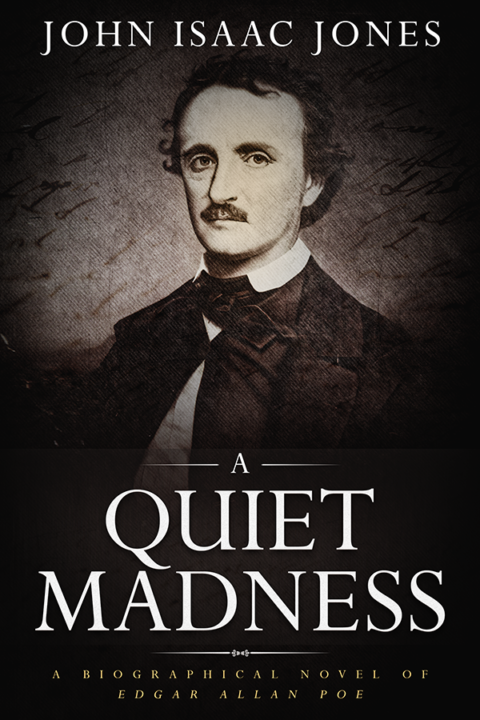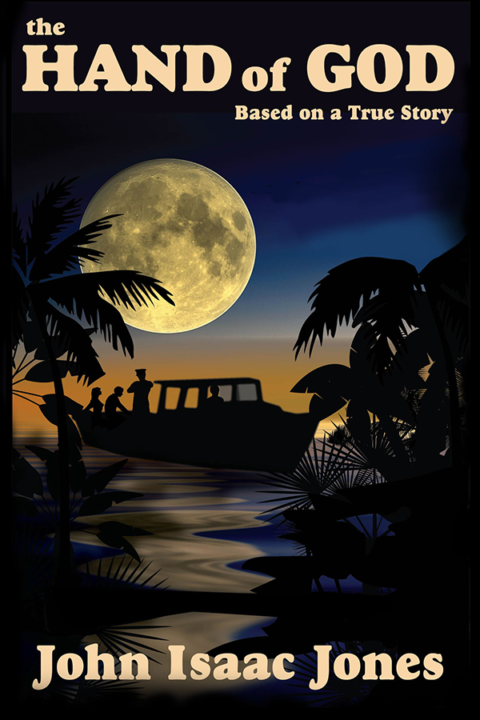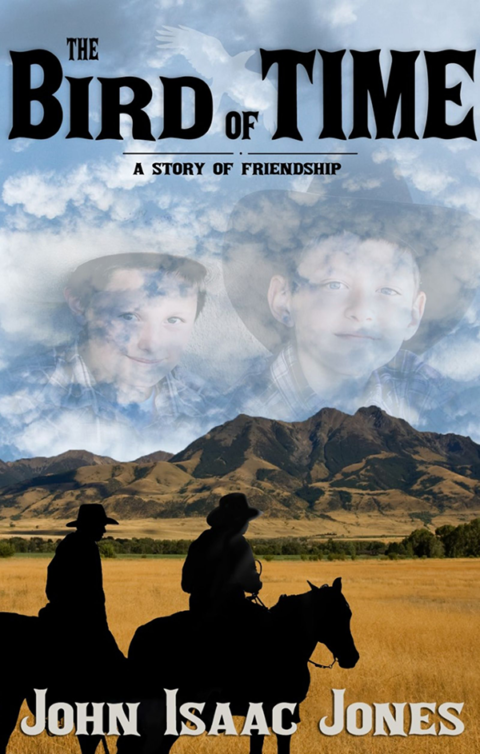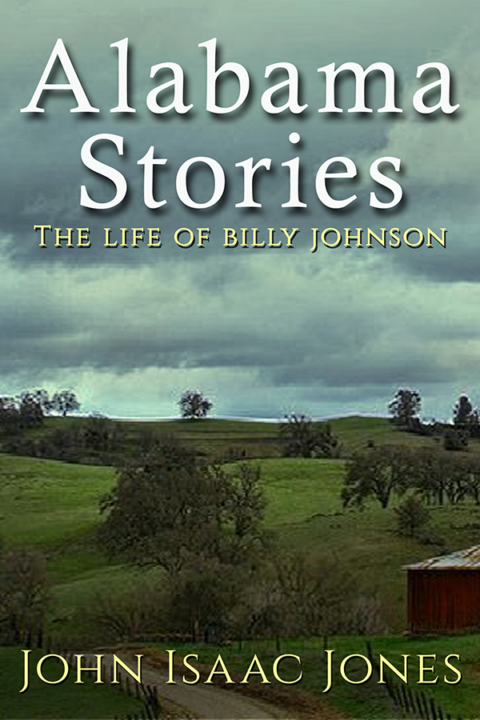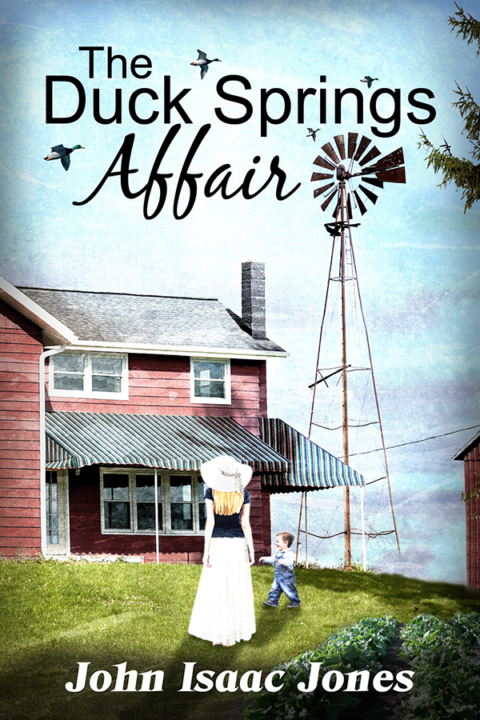About John I.
- When were you born?
- In 1942 in Gadsden, Alabama, a small farming/industrial town in the north central part of the state. Grew up on a farm, went to county schools, picked cotton, fished, hunted, pulled pranks, just a regular country kid.
- Where did you get the name John I.?
- My birthname was John Isaac Jones, but early on, after my father, my mother and my grandmother started calling me “John I.”, it stuck and has followed me until this very day. In 2015, when I wrote The Duck Springs Affair, my editor said my pen name should be John Isaac Jones. And that it has been and shall forever be.
- What were you like as a kid?
- A regular country kid, loved sports and outdoor activities, but my first love was books. When I was four years old, I collected all of my Sunday School prayer books and built a small bookcase for them. Once finished, I put the books inside then stood back to admire them. I thought it was the most beautiful thing I’d ever seen.
- What did you read?
- Everything. Library books, comic books, poetry books, encyclopedias, the Bible, newspapers, street signs, name badges… everything I could get my hands on. When I was around eight or nine, I devoured a series of biographies about the childhoods of famous people. Some titles were Thomas Edison: Boy Inventor, Lou Gehrig: Boy of the Sand Lots, Knute Rockne: Boy Athlete. I was in heaven while reading one of those.
- Were you a good student?
- Yes. In elementary school, I was the top speller in both the second and third grade. In junior high, I did well in science and math, but I performed poorly as a writer. In high school and college, I was a math whiz and loved literature, but I dreaded having to do any sort of writing.
- When did you decide to become a writer?
- In the fall of 1963, I was in my fourth year of pharmacy school at Auburn University when I decided I had had enough. I knew I was not about to spend my life taking pills out of one bottle and placing them into another. Three days later, while standing in front of the chemistry building, I vowed to give up my pharmaceutical ambitions and become a writer.
- When did you become a writer?
- When I was in my early twenties, I read about the lives of many famous authors and I found a common thread ran through all of them. At one time or another, each of them had been a newspaper reporter. Shortly afterward, I wrangled a job in the advertising department at my hometown newspaper, The Gadsden Times. Four months later, I moved to the newsroom as a cub reporter. In two years, I was a beat reporter and, in four years, an associate editor. In 1973, I was offered a reporter’s position with The Birmingham News. There I became an investigative reporter and made a name for myself after running two corrupt politicians out of office and being arrested with another reporter while investigating the sheriff in a nearby county. In February of 1975, I was offered a position with The National Enquirer in Lantana, Florida. The rest is history.
- What was it like working for the Enquirer?
- I never dreamed there was a newspaper in the world like the Enquirer. They paid about twice as much as anyone else; you traveled the world with unlimited expenses, covered the wildest, craziest stories the world had to offer, plus there was this delicious journalistic madness to the place! One day you could be dispatched to China to interview Chiang Kai-Shek’s concubine and, the following day, to Tel Aviv the next to interview a man who could supposedly bend metal spoons with his mind. Most daily reporters could not even imagine working for a publication like the Enquirer.
- How long did you work for the Enquirer?
- From early 1975 until October 1995, which was the end of the O.J. trial. During those years, I worked in the Washington, Miami, Chicago and Los Angeles bureaus, and traveled the world writing about every imaginable tabloid subject. In 2016, I wrote a book about those years, Thanks, PG! Memoirs of a Tabloid Reporter, which is available on this site. Working for the Enquirer was some of the happiest years of my life.
- What happened between the end of the O.J. trial and your becoming a professional novelist?
- In 1997, I wandered from LA to Atlanta where I spent the next two years writing book proposals and ghosting books. One of the books I ghosted was titled Everything’s Pickrick! the biography of former Georgia Governor Lester Maddox. In 1999, after getting certified as a genuine computer networking expert, I worked for Starband Communications Inc. and Spacenet Inc., satellite internet service providers in Marietta, Ga. I left the business in 2012.
- When did you become a fiction writer?
- In 2012, I finished a book of fifteen short stories titled Alabama Stories which won the Indie readers award in 2013. That was my debut as a fiction writer.
- Is writing hard for you?
- Yes. Very difficult because I tend to rewrite over and over and over to get the words just right.
- Does it get boring?
- Not boring, but it does get tiresome at times. When I’m away from it for a while, however, I’m always happy to return.
- Where do you get your ideas?
- Funny how people always seem to ask me that. I can remember, as a young writer, asking that question myself. First, ideas are everywhere, but you must exercise caution in choosing them. You might get an idea from an experience, an observation, some artistic influence, some snippet of conversation, just a few words from a TV program or even a passing photo you saw on the internet. The main thing is to always be on the lookout for a good story idea. If you’re watching, you’ll find them. Once you find one, jot it down so you won’t forget it!! And you never know when one will pop up. They come out of nowhere. I got the idea for my short story, The Old Indian, during a conversation with a distant relative at my aunt’s funeral in Alabama. My short story Annie grew out of my childhood experiences with my cousin in North Alabama. Many years ago, while I was in high school, I watched a construction worker have an affair with a woman who lived near the construction project he was working on. Many years later, I wondered what happened to the man and woman after the project was finished. In 2015, I wrote my novel, The Duck Springs Affair, which was based on that memory. Ideas are everywhere. You just need to learn to spot them. And jot them down!
- Anything else?
- Nothing facilitates writing like memory. Most everything I’ve ever written was based on some memory of a life experience I had at one time or another. Some of my yarns grew out of stories others told me and still others, from artistic influences on me or from something I read somewhere. In today digital world with streaming images at every hand, I think it’s good to develop a cinematic story-telling style. Readers have watched so many moving images for so long that they feel more comfortable with cinematic information feeding than they do the traditional, wordy, drag-along, paragraph-by-paragraph, no dialogue, no scenes, narrative technique. If you’re born to be a writer, you’ll start writing!
John I. down through the years...






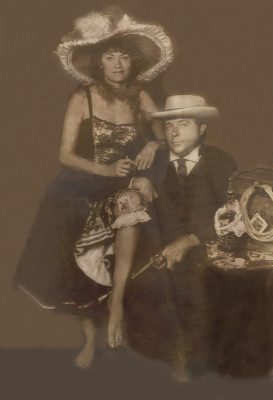










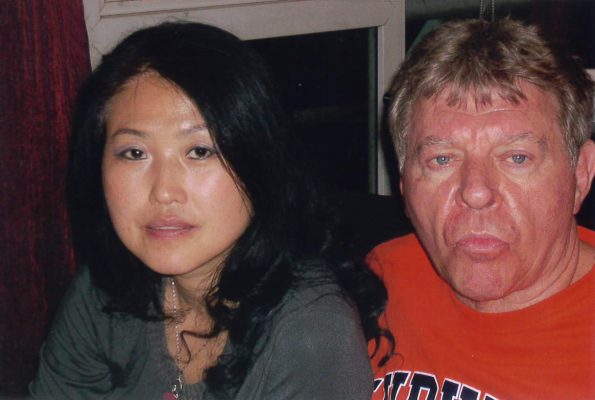

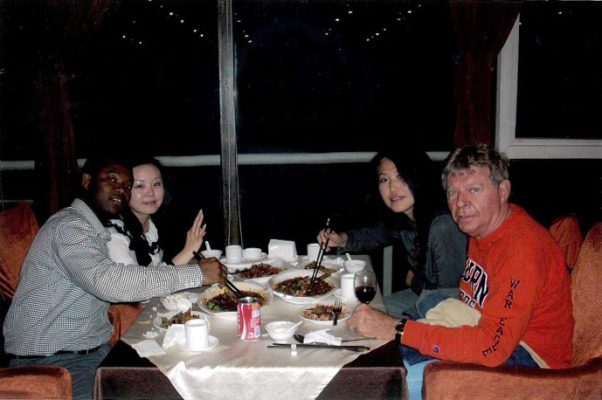

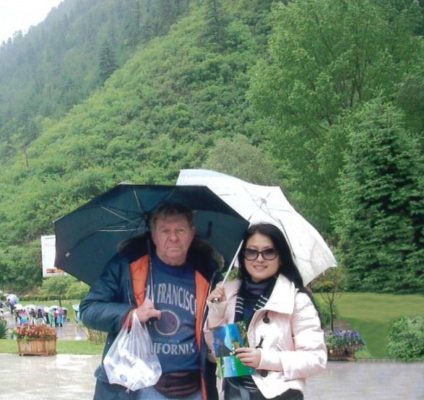
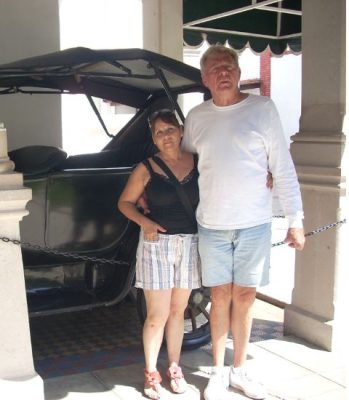


Previous
Next
